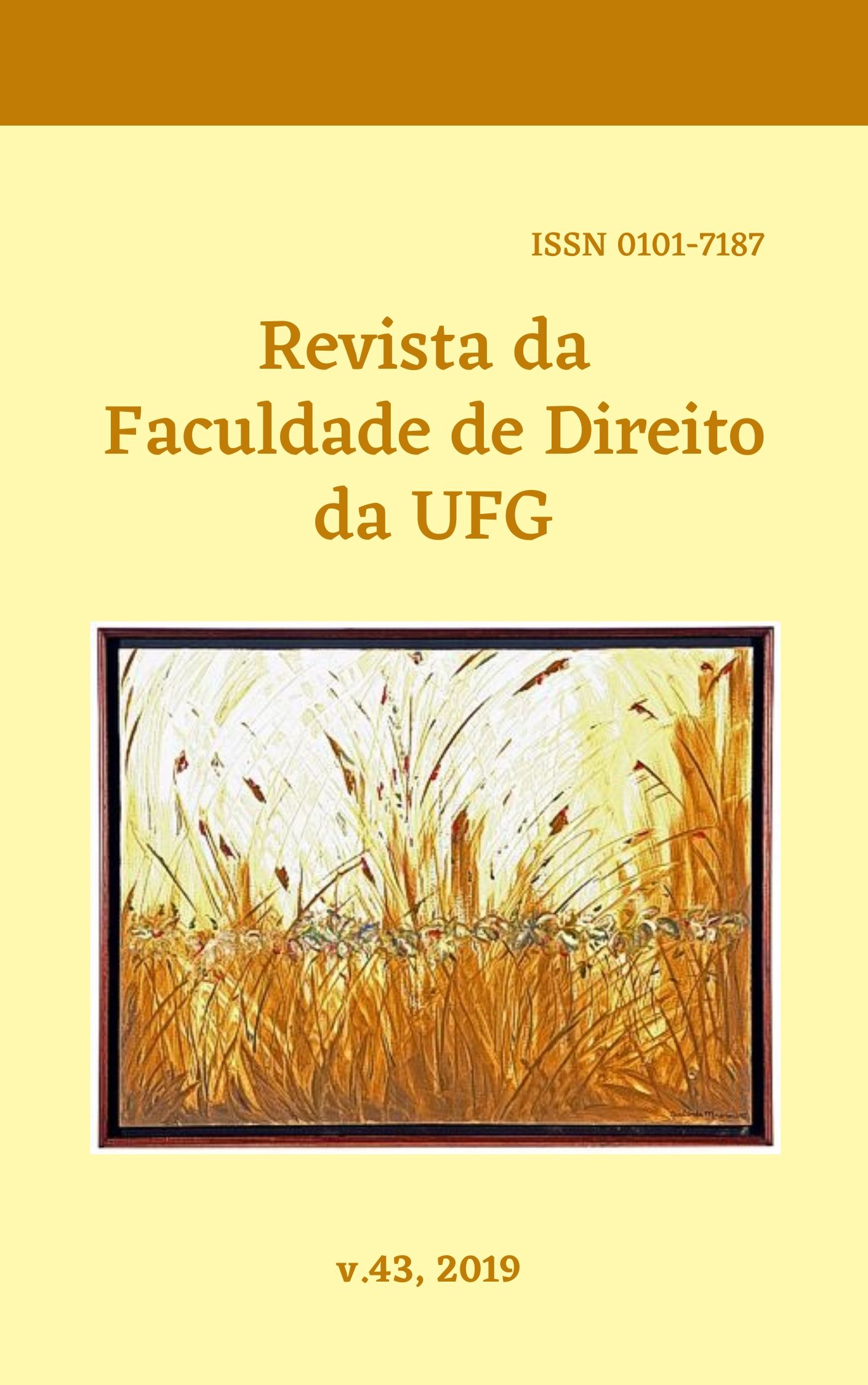HATE SPEECH AND THE LEGAL-CONSTITUTIONAL-DEMOCRATIC LIMITS OF PARLIAMENTARY IMMUNITY IN THE 1988 FEDERAL CONSTITUTION
HATE SPEECH AND THE LEGAL-CONSTITUTIONAL-DEMOCRATIC LIMITS OF PARLIAMENTARY IMMUNITY IN THE 1988 FEDERAL CONSTITUTION
DOI:
https://doi.org/10.5216/rfd.v43.60487Abstract
The objective of this research is to investigate the social phenomenon of hate speech present in the Brazilian parliament, delimiting the object of analysis in the study of constitutional criteria that will govern the applicability of premises related to parliamentary immunity. The choice of theme is justified because of its theoretical, legal, social, political and economic relevance, especially regarding the protection and exercise of civil rights belonging to vulnerable social minorities. The study of the fundamental right to difference, essential for contemporary society marked by pluralism and diversity, as well as the understanding of the scientific foundations of hate speech, were of significant importance to the study of the theme. Through bibliographic and documentary research, comparative, critical, theoretical and interpretative analyzes, as well as the use of the deductive method, it was possible to demonstrate that the Federal Supreme Court, in inquiries 3590 and 4694, expressed itself as not punishing parliamentarians. accused of hate speech under the premise of parliamentary immunity. As the judiciary ceases to punish such parliamentarians, it endorses the social discourse that naturalizes hatred, inequality, marginalization and segregation against vulnerable social minorities, dogmatizing the institute of parliamentary immunity and allowing parliament to be a space for reproducing misogynist, sexist, xenophobic, homophobic and racists ideals.
Downloads
Downloads
Published
How to Cite
Issue
Section
License
Os Autores que publicam nesta revista concedem à Revista da Faculdade de Direito da UFG uma licença mundial, sem royalties, sujeita aos termos e condições da Licença Jurídica Creative Commons Atribuição 3.0 Brasil Creative Commons Attribution License
Os autores concedem à RFD UFG todos os direitos autorais sobre os artigos nela publicados, que os mantêm com exclusividade até o advento de domínio público sobre os mesmos.
























